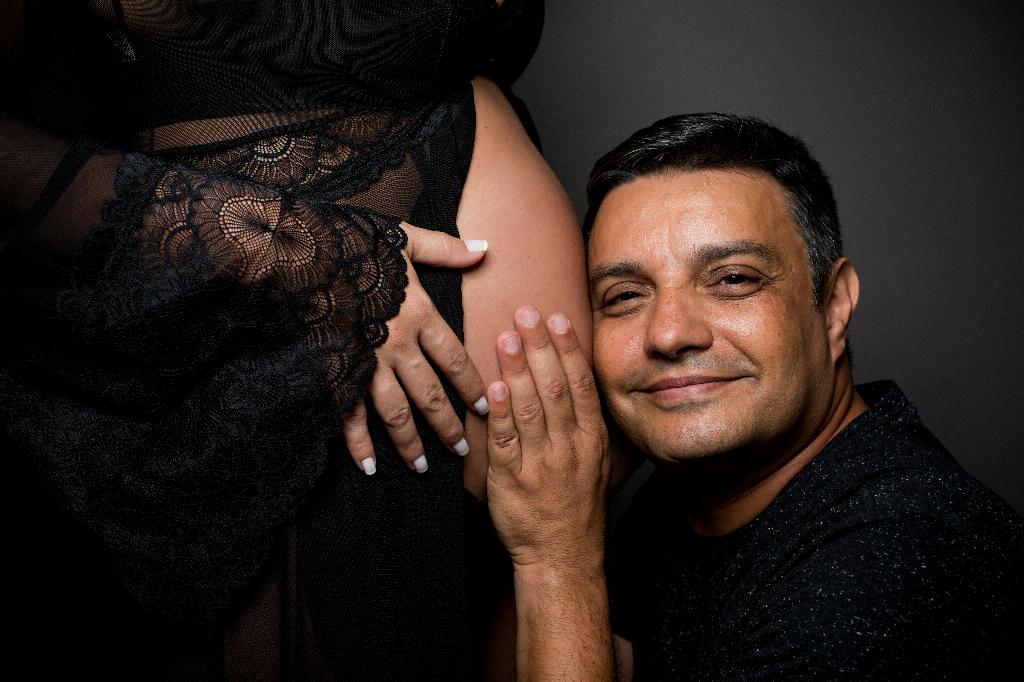During early pregnancy, many women experience changes in their belly button sensation. It is not uncommon for your belly button to feel strange or even painful as your body undergoes significant transformations to accommodate the growing life inside you.
One of the main reasons your belly button may feel weird in early pregnancy is due to the pressure exerted by your expanding uterus. As the uterus expands to make room for the developing fetus, it pushes against the abdominal wall, which can affect the positioning and sensitivity of your belly button.
If your belly button was an “innie” before pregnancy, you may notice it protruding outwards as your belly grows. This change in appearance is perfectly normal and is a result of the increased abdominal pressure caused by the growing baby. Even if your belly button remains an “innie,” you may still experience discomfort due to the strain on the surrounding tissues.
The discomfort or weird sensation in your belly button during early pregnancy can also be attributed to hormonal changes. Pregnancy hormones such as progesterone and relaxin play a crucial role in relaxing the muscles and ligaments in the body to support pregnancy. This relaxation can lead to a feeling of looseness or sensitivity around the belly button area.
Another factor that contributes to the strange sensation in your belly button is the stretching of the skin and tissues as your belly expands. The skin around your belly button may become tighter or more sensitive, leading to a tingling or pulling sensation that can be perceived as discomfort or weirdness.
In some cases, the discomfort in your belly button during early pregnancy may be exacerbated by your posture or the way you carry yourself. As your center of gravity shifts with the growing baby, you may unknowingly put additional pressure on your abdomen, leading to increased discomfort in the belly button area.
It is essential to listen to your body and communicate any unusual or persistent discomfort with your healthcare provider. While minor belly button discomfort is common in pregnancy, severe pain or unusual symptoms may require medical attention to rule out any underlying issues.
Engaging in gentle prenatal exercises or stretches can help alleviate some of the discomfort in your belly button area by promoting circulation and supporting the abdominal muscles. However, it is crucial to consult with a prenatal fitness specialist or your healthcare provider before starting any new exercise routine during pregnancy.
Wearing loose-fitting and breathable clothing can also help reduce the pressure on your belly button and provide comfort as your body goes through the changes of early pregnancy. Opting for maternity clothes with flexible waistbands or stretchy fabrics can accommodate your growing belly without constricting the area around your belly button.
Practicing mindful relaxation techniques such as deep breathing or gentle massages around the belly button area can help alleviate tension and promote relaxation. Taking regular breaks and prioritizing self-care can also contribute to reducing overall discomfort during early pregnancy.
Remember that every pregnancy is unique, and your experience with belly button discomfort may vary from others. It is essential to embrace these changes as a natural part of the miraculous journey of pregnancy and to seek support from your healthcare team if you have any concerns or questions about the sensations you are experiencing.
In conclusion, the weird sensation in your belly button during early pregnancy is primarily a result of the physical changes your body is undergoing to nurture and support the growth of your baby. By understanding the contributing factors and implementing strategies to promote comfort and relaxation, you can navigate this phase of pregnancy with confidence and care for your well-being.

